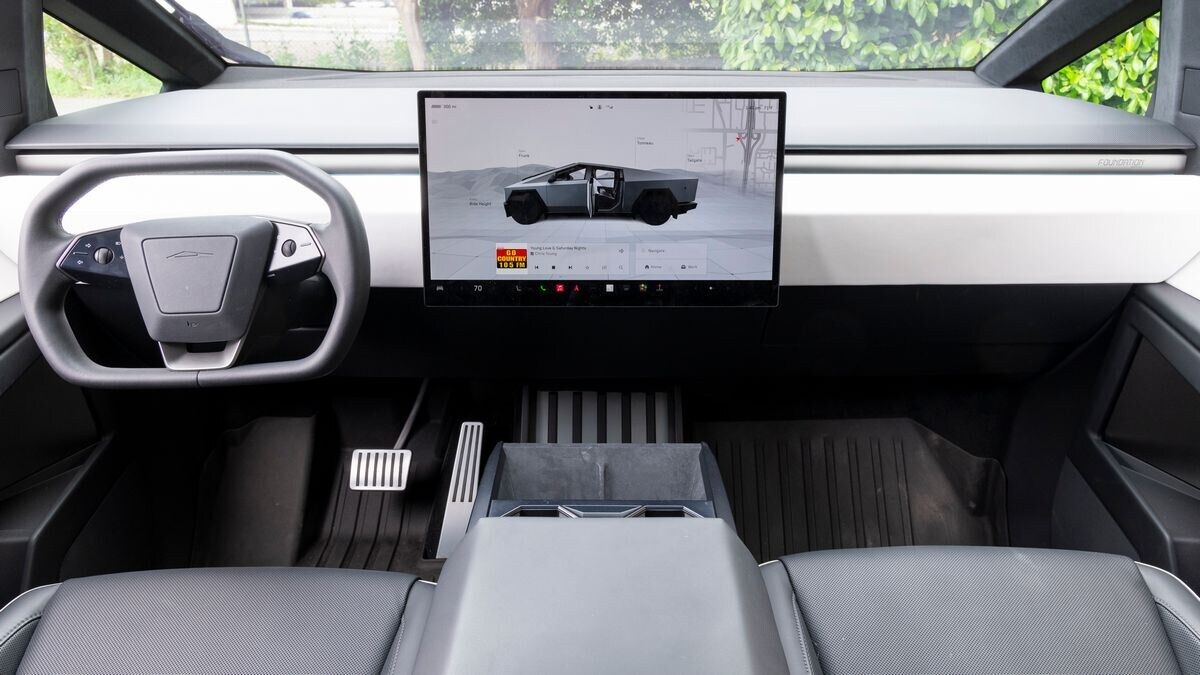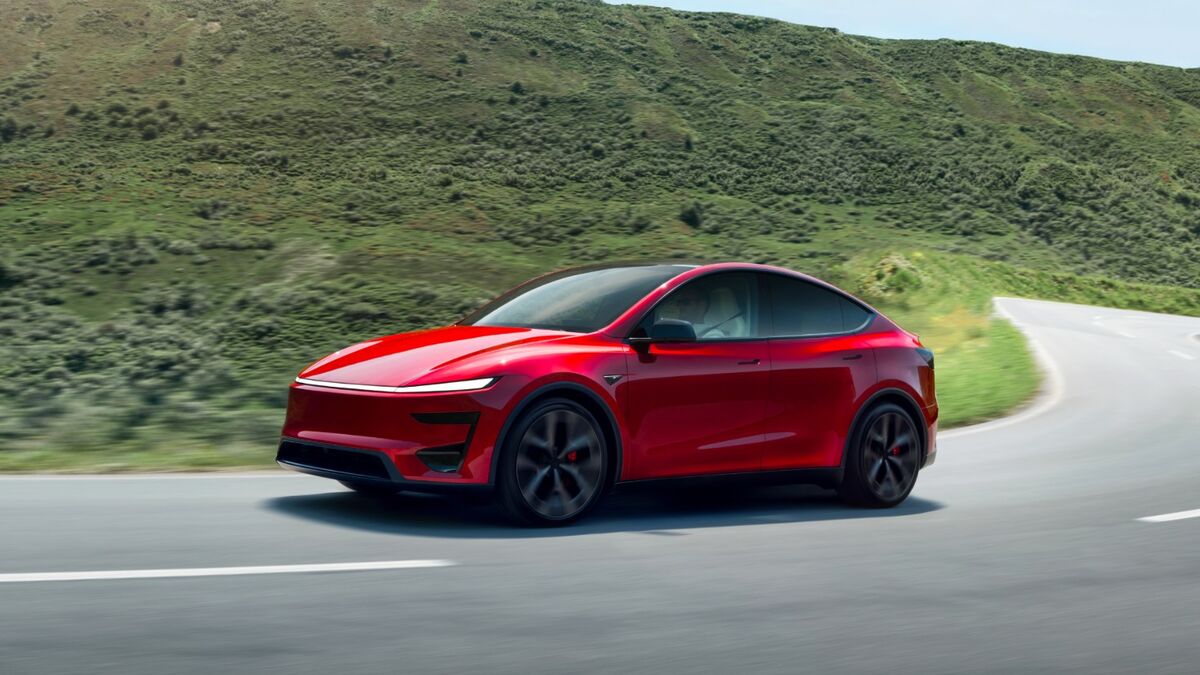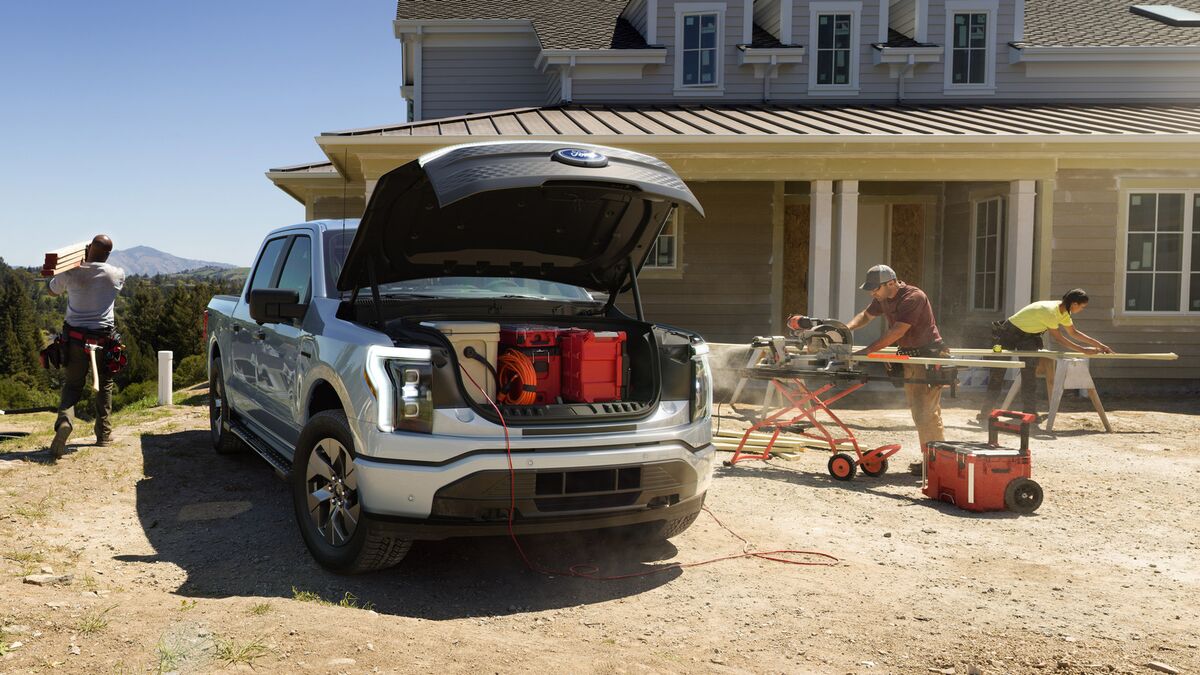- Tesla, by many measures, is already the automaker with the most American content in its cars
- Now, the company aims to build cars for the U.S. market with no Chinese-derived content
Tesla, by many measures, is the most American of American automakers. However, the company has a plan to reduce the amount of Chinese-derived content in the cars it sells in the U.S., according to a new report.
The Wall Street Journal reports, “Tesla is now requiring its suppliers to exclude China-made components in the manufacturing of its cars in the U.S., a fresh example of the fallout from deepening geopolitical tensions between the U.S. and China.”
Federal law requires automakers to publish estimates of the amount of American and Canadian content in each new car. In recent years, Tesla has consistently led the industry in that measure.
But the company still uses some Chinese-derived content, particularly in car interiors. However, the Journal says, “Earlier this year, the electric-vehicle maker decided that it would stop using China-based suppliers for Tesla cars that are made in the U.S.”
The paper cites “people familiar with the situation.”
Tesla Builds Cars on Several Continents
- The company wants to use Chinese parts in China and American parts in the U.S.
- The global auto industry is increasingly threatened by international relations problems
The automotive industry has proven unusually sensitive to global tensions this year. Most recently, an ongoing dispute between China and the Netherlands over microchip supplies threatened to shutter factories on several continents.
Like most automakers, Tesla builds cars on several continents. Most Teslas sold in the U.S. come from American factories, but the company does ship some from other continents.
Tesla intends to serve a factory in China, Electrek reports, with “a localized network of over 400 Chinese suppliers. This has been a massive success, cutting costs and enabling huge production scale. But those cars and parts don’t go to the U.S. Tesla’s U.S. factories in Fremont and Texas, which serve its biggest market, are now being firewalled from that Chinese supply base.”







